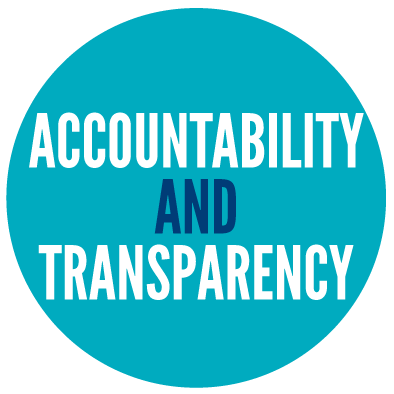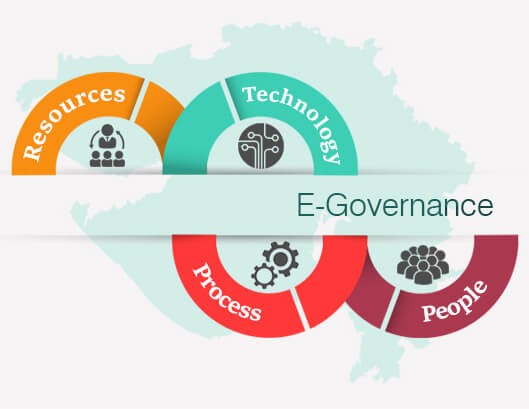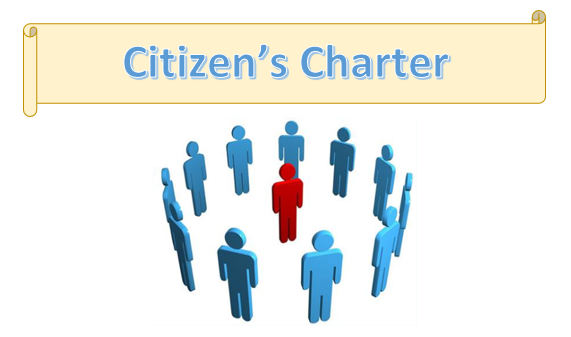- Courses
- GS Full Course 1 Year
- GS Full Course 2 Year
- GS Full Course 3 Year
- GS Full Course Till Selection
- Answer Alpha: Mains 2025 Mentorship
- MEP (Mains Enrichment Programme) Data, Facts
- Essay Target – 150+ Marks
- Online Program
- GS Recorded Course
- Polity
- Geography
- Economy
- Ancient, Medieval and Art & Culture AMAC
- Modern India, Post Independence & World History
- Environment
- Governance
- Science & Technology
- International Relations and Internal Security
- Disaster Management
- Ethics
- NCERT Current Affairs
- Indian Society and Social Issue
- NCERT- Science and Technology
- NCERT - Geography
- NCERT - Ancient History
- NCERT- World History
- NCERT Modern History
- CSAT
- 5 LAYERED ARJUNA Mentorship
- Public Administration Optional
- ABOUT US
- OUR TOPPERS
- TEST SERIES
- FREE STUDY MATERIAL
- VIDEOS
- CONTACT US
Role of Civil Services in Democracy
Role of Civil Services in Democracy
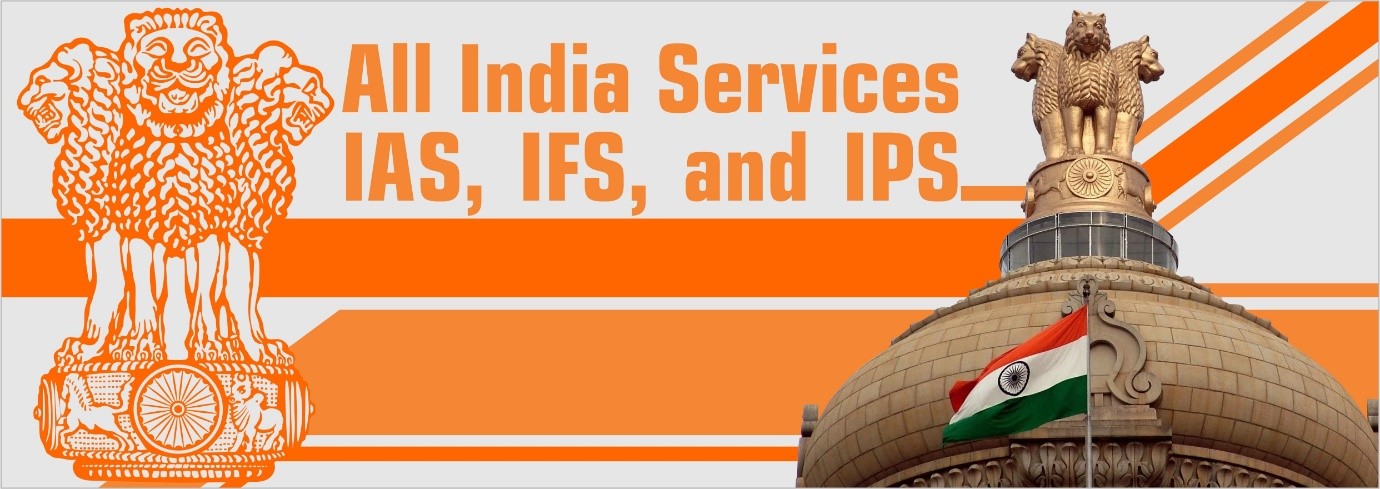
Role of Civil Services in Democracy
- The term "Civil Services" refers to the career government employees who serve as the Republic of India's permanent executive branch. Policy is set by elected cabinet ministers, and civil servants carry it out.
- For all intents and purposes, the government's civil service is a significant component. The foundation for efficient and effective governance is the civil service's competencies. Two aspects can be used to evaluate its significance.
- First, for bringing about change in the political system and managing it; secondly, for refusing to allow any changes of this kind that could be detrimental to society as a whole and the system as a whole.
HISTORY
- Indian common assistance framework had its starting point in the Mauryan time frame. The Arthashastra of Kautilya outlined the criteria for selecting and promoting civil servants, as well as their code of conduct, loyalty requirements for appointment, and performance evaluation strategies.
- The Mughal civil service system in Medieval India concentrated on the development of the patrimonial state, management of land revenue, and management of government factories. The British use the civil service to strengthen India's government.
- The current Indian civil service is largely based on the British India Civil Service's structure.
- Warren Hastings established the civil service during the British Raj, and Charles Cornwallis modernized, reformed, and rationalized it. As a result, Charles Cornwallis is referred to as "the Father of Indian civil service."
- The 1947 partition of India resulted in the formation of the modern civil service. Sardar Patel had the idea that the civil service should make national unity and cohesion stronger. The Indian civil service continues to be guided by the principles of merit, impartiality, and integrity.
- The unofficial "Ministry of Civil Services" is the Ministry of Personnel, Public Grievances, and Pensions in New Delhi. The Indian civil service system's training, reforms, and pensions are all overseen by the Ministry.
ROLE OF CIVIL SERVICES
- The civil services are in charge of managing India's administration. Several central government agencies oversee the nation in accordance with ministry-issued policy directives.
- When it comes to bringing about and maintaining growth and development in a nation, the civil service plays a crucial role.
- The government's policies are transformed into programs, programs into projects, and projects into tasks for development by the civil services.
- The vast majority of the professional, technical, and entrepreneurial resources that are required in circumstances of development and change are provided by the civil service. Government cannot function and will not be able to achieve its social and economic advancement objectives without bureaucracy.
- Indian law and policy are actually made by civil servants. They cannot publicly express their disapproval of the elected government because they work for it.
- It is required for them to frame specific guidelines and approaches as per the public authority's perspectives and interests. However, they can only be retired and cannot be removed by any state or central government.
- India's various agencies employ civil servants, who can also serve as private secretaries, special duty officers, or advisors to Union and State Government ministers.
Civil Services Day
- The Civil Service Day is celebrated on 21 April every year. The purpose for this day is to rededicate and recommit themselves to the cause of the people. It is observed by all Civil Services.
- This date (21 April) was chosen to commemorate the day in 1947 when Sardar Vallabhbhai Patel, the first Home Minister of Independent India, addressed the probationers of Administrative Services Officers.
Criticism of Civil Services
- In their book "Corruption in India:" Professor Bibek Debroy and Laveesh Bhandari claimed that India's performance on international ratings was subpar. The DNA and RNA" that public officials in India are using corruption to steal up to 5% of the country's GDP, or 921 billion (US$12 billion).
- India's bureaucracy was found to be not only the least efficient among Singapore, Hong Kong, Thailand, South Korea, Japan, Malaysia, Taiwan, Vietnam, China, the Philippines, and Indonesia in a 2009 survey of Asia's leading economies, but also to be "slow and painful" to work with.
- Corruption that is institutionalized: According to a 2012 report by the Ministry of Personnel, Public Grievances, and Pensions, corruption is widespread throughout the civil service and is institutionalized.
- Criminalization: In 2011, over the previous three years, more than 450 chargesheets for criminal cases of corruption were filed, and the CBI was investigating 943 corruption cases against civil servants at various stages.
- Political obstruction: Obstruction by legislators and government officials babus nexus in defilement is a continuous concern. In the case of TSR Subramanian & Ors. v. Union of India in October 2013, the Supreme Court of India directed both the Government of India and the State governments to guarantee civil servants fixed tenure. In order to keep track of all decisions, the court asked senior bureaucrats to write down the politicians' verbal instructions. This decision was compared to the Supreme Court's 2006 decision in the Prakash Singh case regarding police reforms.
Reasons responsible for growing importance of bureaucracy.
- Population Expansion: The bureaucracy assumes the role of "go-between" between the people and the government. With the expanding roles it plays, bureaucracy would naturally gain importance.
- Industrial Progress: The Civil Service in a Changing Context The country's industrial development, economic expansion through trade and commerce, the establishment of steel plants, petrochemical plants, fertilizer plants, and so on, inevitably result in an increase in bureaucracy and administration. It is necessary for both policy programs and activities that are carried out on the ground.
- Being able to meet the needs of others: It is essential for bureaucracy to respond fully in accordance with the fundamental assumption of serving the masses in the most effective manner. People demand that bureaucracy act quickly as a result of Citizens Charters and other related initiatives that have been initiated in the past. The right to information allows citizens to inquire about the reasons behind delays. Bureaucracy must mobilize the required resources because government assumes responsibility for effective performance.
- Diverse Functions of the Modern State: As the modern state's activities have grown in scope and variety, it is becoming increasingly necessary to hire more public employees from a variety of backgrounds. The importance of bureaucracy has increased as people's reliance on administration for more and more things has increased, as have the developmental, regulatory, and even traditional law and order or security functions of government administration.
- People's Increasing Expectations: The days of being docile, inactive, and unquestioning are long gone. Today, masses of people demand, inquire, and assert. They are demanding a higher standard of living, better housing, better health care, and better education now that they are aware of their rights. All of these things make up the modern charter of people's demands, which would give the government a long list of things to do and make public bureaucracy more important and responsible.
REFORMS
- Central Civil Services Authority: The decision to establish a Central Civil Services Authority (CCSA) to oversee the higher bureaucracy was led by then-Defense Minister A. K. Antony in order to professionalize the Civil Services.
- Alignment with Strategic National Objectives: In accordance with Prime Minister Narendra Modi's "minimum government and maximum governance" principle, the government implemented a number of reforms to align the country's civil service with Strategic National Objectives. These reforms included lateral entry, forcibly retiring corrupt officers, and other similar actions.
- A new 360-degree appraisal system: was put into place by the government. The "Annual Confidential Report" (ACR) is a confidential review of the officer's work-related attitude and behavior based on confidential feedback from peers, subordinates, and stakeholders who have dealt with the officer. The old, archaic annual performance evaluation (ACR) written by an officer's boss was replaced by this new system.
- In 2019, the Government of India fired 12 (IRS IT) and 15 (IRS Customs and Central Excise) corrupt officers on corruption and bribery charges.
Mission Karmyogi
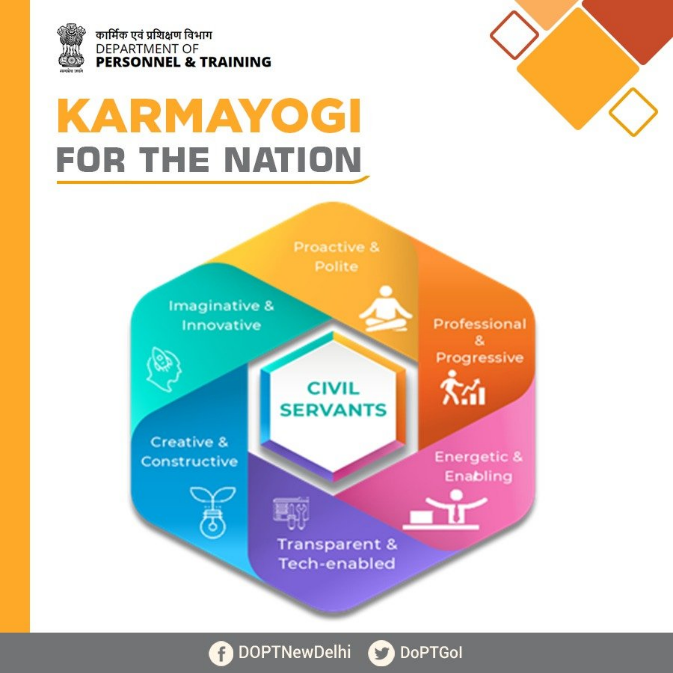
- In September 2020, Government of India has launched Mission Karmayogi a National Programme for Civil Services Capacity Building (NPCSCP). The programme aims at building a future-ready civil service with the right attitude, skills and knowledge, aligned to the vision of New India.
- It also aims to prepare Indian Civil Servants for the future by making them more creative, constructive, imaginative, proactive, innovative, progressive, professional, energetic, transparent, and technology-enabled. The Mission envisages a comprehensive reform of the capacity building]7 apparatus at the individual, institutional and process levels for efficient public service delivery.
- This will be achieved through a Competency Framework for Civil Services that will be totally indigenous to India. In September 2020, Government of India has launched Mission Karmayogi a National Programme for Civil Services Capacity Building (NPCSCP).
- The programme aims at building a future-ready civil service with the right attitude, skills and knowledge, aligned to the vision of New India. It also aims to prepare Indian Civil Servants for the future by making them more creative, constructive, imaginative, proactive, innovative, progressive, professional, energetic, transparent, and technology-enabled.
- The Mission envisages a comprehensive reform of the capacity building apparatus at the individual, institutional and process levels for efficient public service delivery. This will be achieved through a Competency Framework for Civil Services that will be totally indigenous to India.
The Governance Structure of the program:
- Human Resource Council: NPCSCB will be governed by the Prime Minister’s Human Resource Council, which will also include State Chief Ministers, Union Cabinet Ministers, and experts. The council will approve and review civil services capacity building programmes.
- Cabinet Secretary Coordination Unit: It will comprise of select secretaries and cadre controlling authorise.
- Capacity Building Commission (CBC): It will include experts in related fields and global professionals. This commission will prepare and monitor annual capacity building plans and audit human resources available in the government.
- Special Purpose Vehicle (SPV): This wholly-owned SPV will govern the iGOT-Karamayogi platform. The SPV will create and operationalize the content, marketplace and mange key business services of the iGOT platform, relating to content validation, independent proctored assessments and telemetry data availability.
- Monitoring and Evaluation Framework: An Appropriate monitoring and evaluation framework will also be put in place for performance evaluation of all users of the iGOT platform so as to generate dashboard view of Key Performance Indicators.
CONCLUSION
A civil servant must be required to follow the government's orders with the utmost integrity and without favoritism, fear, or favoritism. The expectation of political neutrality ought to be met.
Indian governance is heavily influenced by the civil services. Civil services had been altered and made operational ever since the British took over India. Civil servants have been trained to deal with problems brought on by globalization because of the rapid growth of the economy. As a result, their role needs to change from being controllers to facilitators and providers to enablers.

